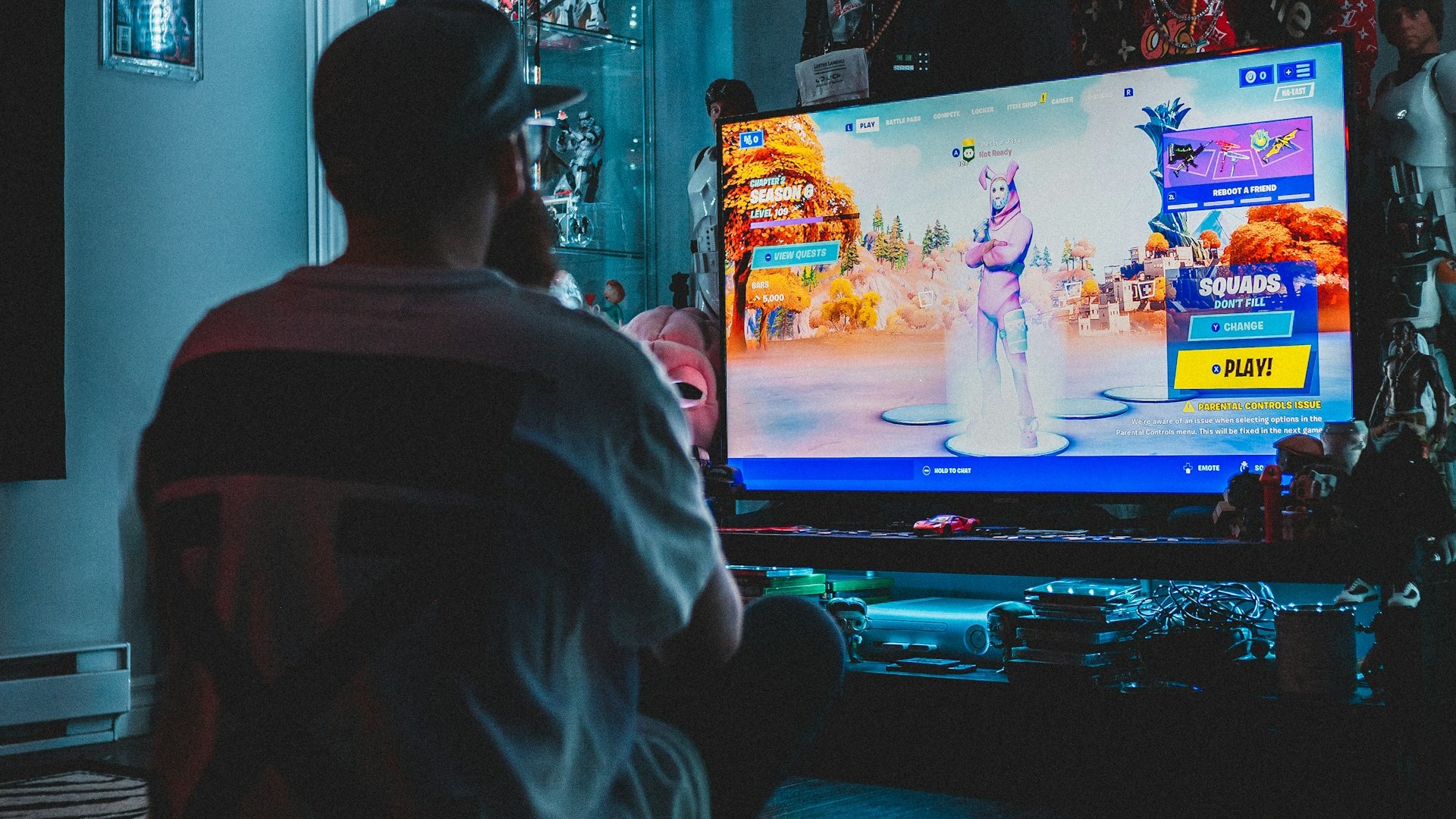The effects of video games on mental health are frequent research topics and represent a heated debate in science. With millions of people playing games around the world, concerns have increased about the practice’s potential negative effects on health.
This increased after the World Health Organization, in 2018, included a disorder related to excessive video gaming in the International Classification of Diseases. In 2020, with the outbreak of the epidemic, the time people spend playing video games has become much greater, which has further alarmed science.
However, in a recent study published in the journal Technology Mind and Behavior, researchers investigated the relationship between time spent playing video games and mental health. According to the study, existing research is flawed because it relies on play time data reported by participants.
Furthermore, bias has influenced research, with some studies finding negative effects, suggesting that excessive video gaming can cause mental health problems, such as anxiety and depression.
On the other hand, other studies have provided benefits, such as stress reduction or improved personal growth, but also with a methodology based on data provided by participants.
The study analyzed the behavior of 414 participants for three months

Photo: Sam Buck/Unsplash/Reproduction
The new study, conducted by the Oxford Internet Institute, used a different approach, monitoring 414 participants for 12 weeks and determining, in real time, their gaming habits, focusing on just one platform, the Xbox.
The researchers also conducted interviews to check on the mental health of the participants at different stages during the study.
The average age of the participants was 32, and their gaming sessions were monitored by researchers via Xbox Live, who tracked time more accurately by monitoring players’ online status.
Gaming sessions were analyzed on three time scales: the last 24 days, the last week, and the last 14 days. Every two weeks, participants filled out a questionnaire to measure their mental health.
The researchers observed a relationship between the time participants spent playing video games and responses to a mental health and well-being questionnaire. But they did not find a connection between the two matters.
The study indicates that participants who suffered from mood swings or mental health problems did not change their habits in playing video games. In other words, they did not increase or decrease time.
Thus, the study came to the conclusion that gaming is not bad for your mental health, but it is not good either. However, he stresses that the area needs new research.
Furthermore, although the study concluded that video games have no effect – either positive or negative – on mental health, it is important to keep in mind that the study only analyzed adults from a specific region who play Xbox consoles. This therefore excludes children and teenagers, as well as gamers on different platforms.

“Hardcore beer fanatic. Falls down a lot. Professional coffee fan. Music ninja.”








More Stories
Empowering Women in Science: Conquering the World Through Exchange!
The three secrets of reaching 100 years old, according to science
Learn about the relationship between vision problems and dementia according to science